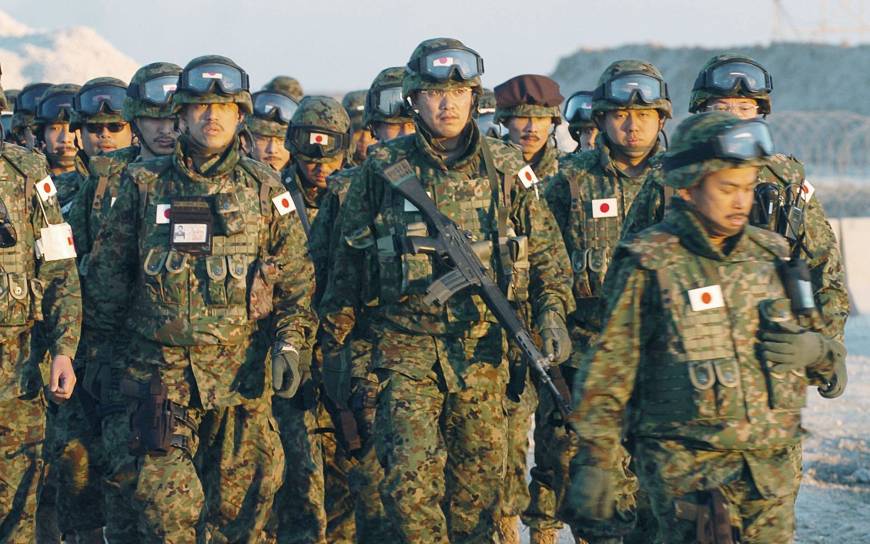Tokyo: Japan plans to send its military to help protect waterways in the Middle East but will not join a US-led maritime coalition in the region, Kyodo news agency reported Wednesday.
The move comes after attacks on tankers in the Gulf, as well as on Saudi Arabian oil installations. Washington, other Western states and Saudi Arabia blame the attacks on Tehran, which denies any involvement.
Japan’s Foreign Minister Toshimitsu Motegi informed US Secretary of State Mike Pompeo of Tokyo’s plan in a phone call on Tuesday, Kyodo said.
Middle East tensions have soared since early this year, when Iran was accused of attaching mines to several tankers off Saudi Arabia and the United Arab Emirates, and then attacking or seizing others near the crucial Strait of Hormuz.
The United States formed a naval coalition to protect navigation in the region, which is critical to global oil supplies.
Britain and Australia are the principal Western partners of the US to have agreed to send warships to escort commercial shipping in the Gulf.
Most European states have declined to participate, fearful of undermining their efforts to save a nuclear accord with Iran after the US withdrew last year, leading to rising tensions.
Japan is considering sending two destroyers to the region, including one already on an anti-piracy mission off Somalia, Kyodo said, citing sources close to the matter. But the ships are not expected to operate in the Strait of Hormuz, through which much of the global oil trade passes and where the US-led coalition operates, the report said. Most of Japan’s oil imports come from the Middle East.
Japan’s post-World War II pacifist constitution commits it to strictly defensive capabilities, but Prime Minister Shinzo Abe has campaigned for years to amend it. He has taken a series of steps to boost the country’s military, known as the Self-Defense Forces (SDF).
Japan has longstanding relations with Iran despite Tokyo’s alliance with the United States.
AFP
